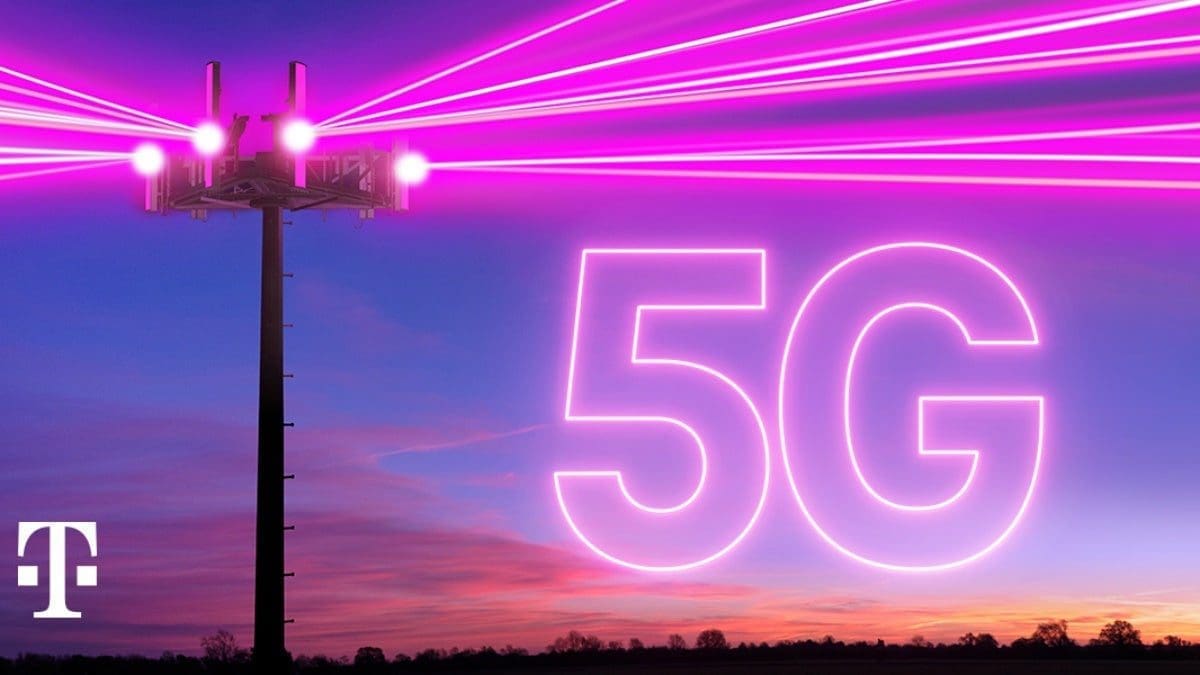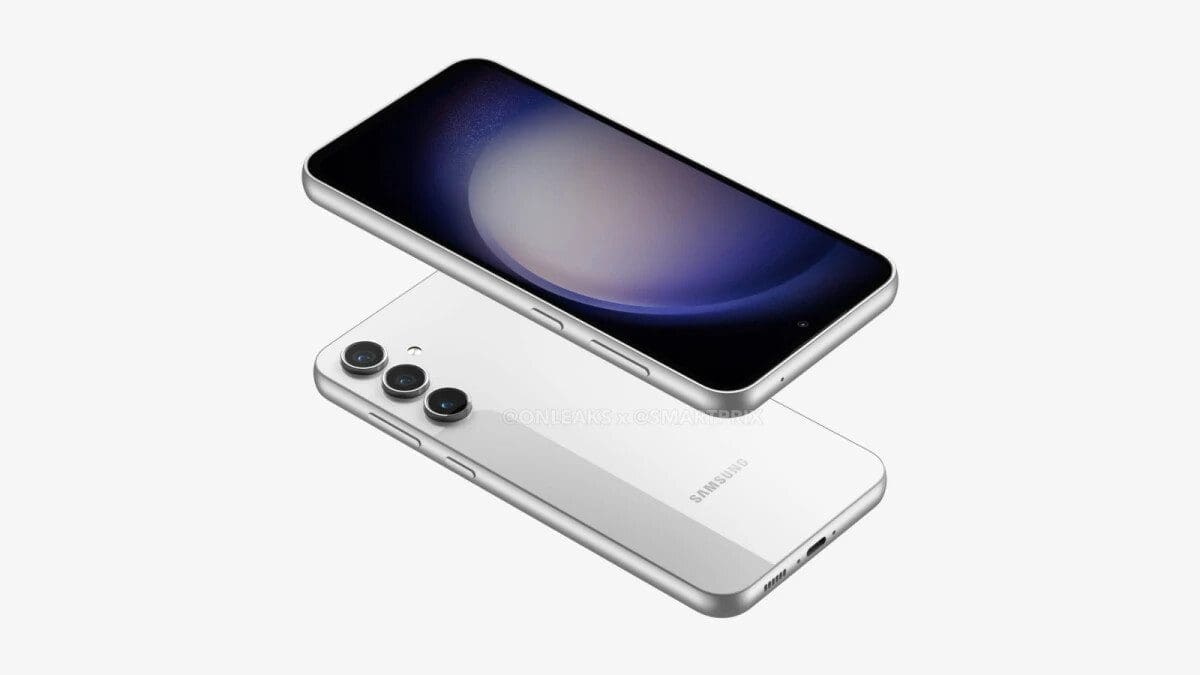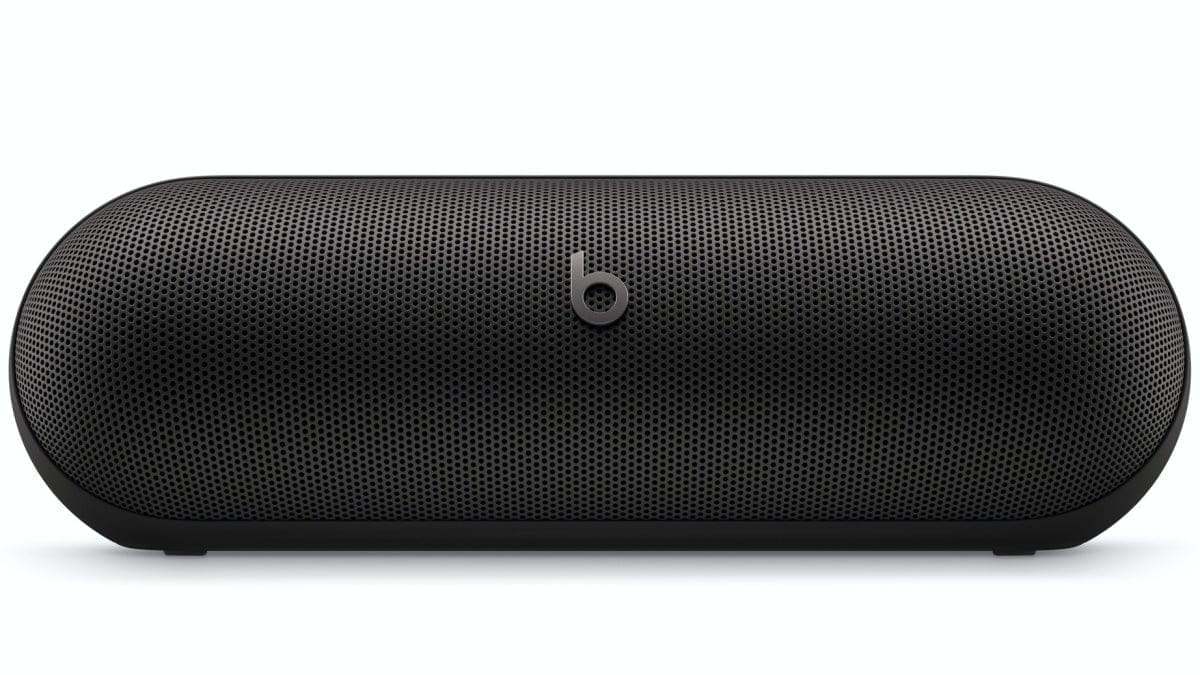In September 2022, T-Mobile spent over $304 million to obtain 7,156 2.5GHz mid-band licenses in 2,724 counties. T-Mobile is known for using the hoard of 2.5GHz spectrum that it acquired when it bought Sprint to build out and support its 5G Ultra Capacity service. While mid-band doesn’t deliver download and upload data speeds as fast as high-band mmWave airwaves, it does travel farther than mmWave allowing more subscribers to connect to the signals.
To date, T-Mobile has not been able to take possession of these licenses because Congress had allowed the FCC’s auction authority to expire preventing the regulatory agency from turning over the spectrum licenses. There appears to be some good news on the horizon for T-Mobile as the House of Representatives on Thursday passed Sen. John Kennedy’s (R-La.) 5G Spectrum Authority Licensing Enforcement (SALE) Act.
The bill would force the FCC to turn over the licenses to T-Mobile. The Senate passed a similar piece of legislation in September. While FCC Chairwoman Jessica Rosenworcel said that the law had prevented her from granting the licenses to T-Mobile, former FCC leaders including the previous Chairman Ajit Pai signed a letter written to the chairs of the Energy & Commerce and Commerce, Science & Transportation committees urging Congress to restore the FCC’s spectrum auction authority as soon as possible in order to allow T-Mobile and others to receive the licenses they won at auction.
In the wake of the House approval, T-Mobile VP of Legislative Affairs Tony Russo went on “X” to post, “The passing of the 5G SALE Act in the House today is a big win for U.S. consumers. Thank you @RepJohnJoyce for your leadership! The path is now clear for the @FCC to release all @TMobile 2.5 GHz licenses and connect millions of Americans to high-speed internet.
The bill simply awaits the signature of the president to become law. New Street Research policy analyst Blair Levin said that T-Mobile has already built the towers and radios to use much of the 2.5GHz spectrum. With the additional airwaves, T-Mobile is expected to upgrade service to more than 50 million individuals almost immediately while offering 3 million households in-home broadband service. Levin’s note to New Street’s clients said, “Bottom Line: The legislation passing is a plus for TMUS (T-Mobile), a negative for T (AT&T) and VZ (Verizon), and due to [lead to] more in-home broadband opportunities, likely a negative” for Charter Communications and Comcast.
Because the characteristics of mid-band spectrum allow it to travel greater distances than high-band mmWave spectrum while delivering faster data speeds than low-band spectrum, some call mid-band the “Goldilocks” of wireless airwaves.









